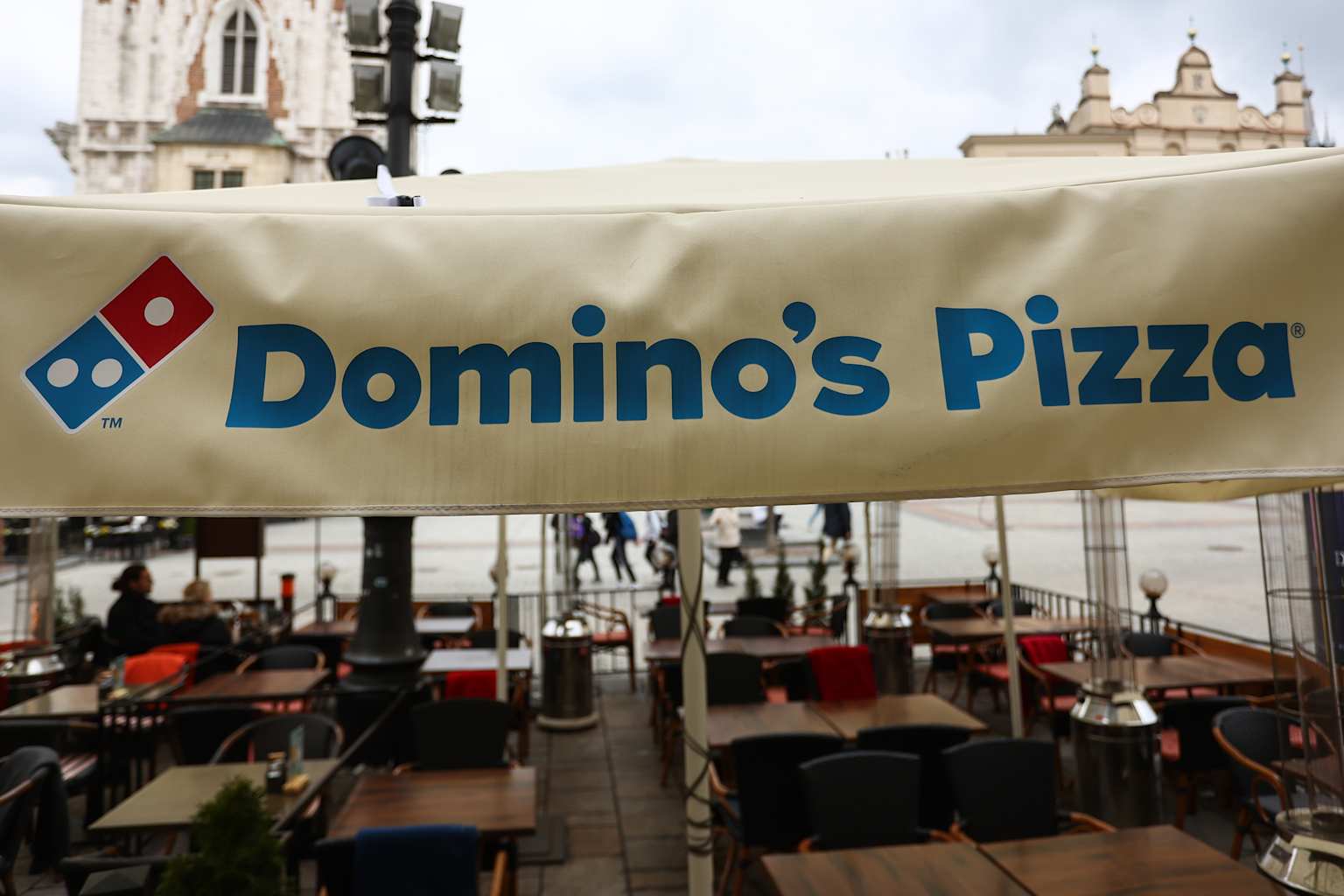- Market Reaction Reflects Deeper Concerns
- Leadership Transition Amid Turmoil
- Pattern of Executive Departures
Domino's Pizza Enterprises shares plummeted to an 11-year low Wednesday after the company announced that CEO Mark van Dyck would step down in December, just eight months after taking the helm of the struggling pizza chain.
The stock fell as much as 22% to A$16.55, marking the lowest level since February 2014. Van Dyck's departure on December 23 extends a pattern of executive upheaval that has battered investor confidence and wiped billions from the company's market value.

Shares dropped 17.8% in early trading, with the stock losing more than 50% of its value over the past 12 months12. The company's market capitalization has fallen from A$14.46 billion at its September 2021 peak to roughly A$3.33 billion34.
RBC Capital Markets analyst Michael Toner described van Dyck's exit as "a continuation of recent executive departures and reshuffling of sector heads at Domino's"5. The announcement came without a trading update despite uncertainty surrounding the company's current performance5.
Chairman Jack Cowin, the company's largest shareholder and operator of Hungry Jack's burger chain, will assume the role of executive chair while the board conducts a global search for van Dyck's replacement12. Van Dyck stepped down as a director immediately but will remain with the company through year-end to support the transition2.
"Mark has made a valuable contribution to Domino's during a period of operational reset," Cowin said in a statement3. "With the strategic foundations now firmly in place, this transition enables a new CEO to take Domino's to its next stage of growth."
Van Dyck's resignation follows the May departure of Kerri Hayman, who served as Australia and New Zealand CEO for just over six months12. The leadership churn began with the November retirement of Don Meij, who led Domino's for 22 years and oversaw its global expansion from 387 stores to more than 3,7003.
During his brief tenure, van Dyck closed 205 underperforming stores across Japan, Europe, and Australia while restructuring leadership across multiple divisions45. The store closures initially boosted shares 23% in February, but gains proved short-lived as broader operational challenges persisted4.
The company has struggled particularly in Japan, where pandemic-era growth has stalled, prompting recent leadership changes in that market as well6.



